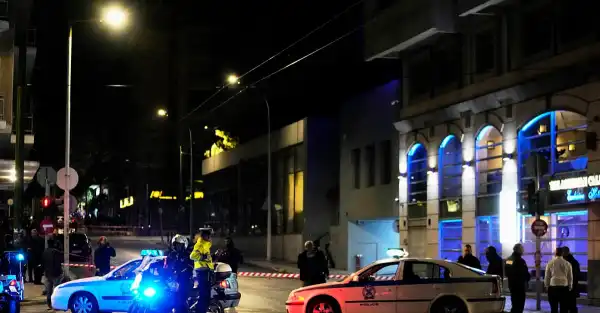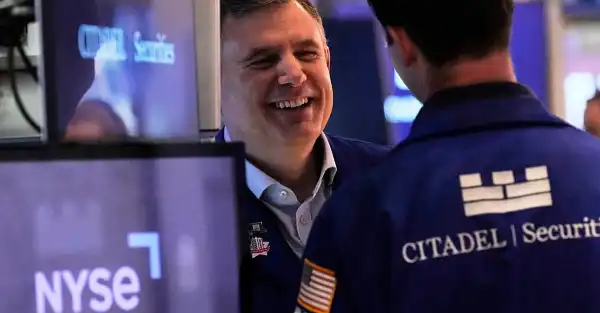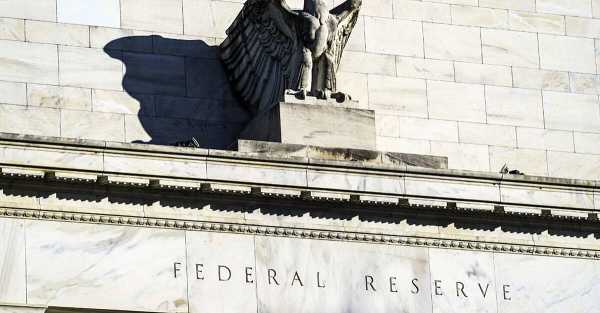In stark videotaped interviews, Ivanka Trump accepted the notion that there had been no fraud in the 2020 election. Jared Kushner complained that a White House counsel had been “whining.”
-
Send any friend a story
As a subscriber, you have “>10 gift articles to give each month. Anyone can read what you share.
Give this article
- Read in app

A video of Jared Kushner, the former president’s son-in-law and former adviser, was played during the prime-time hearing of the Jan. 6 committee on Thursday.
WASHINGTON — They were stripped of their White House backdrop, their power and their masks.
In brief video clips, Jared Kushner and Ivanka Trump appeared in the first of a half-dozen public hearings held by the House committee investigating the Jan. 6 attack on the Capitol.
First up was Ms. Trump. Speaking in a soft voice and seemingly aware that the video might be made public someday, she said she believed the words of the former attorney general, William P. Barr, who on Dec. 1, 2020, said that there was no widespread fraud impacting the election that had taken place three weeks earlier.
“It affected my perspective,” Ms. Trump said quietly, peering into a camera for a recorded interview that did not take place in person. “I respect Attorney General Barr. So I accepted what he said — was saying.”
That was despite what her father, President Donald J. Trump, was claiming, and despite the fact that, according to several White House aides working alongside her, she did little to try to temper his false claims that he had won the 2020 election. She continued to travel with him as he vented his claims in public.
Next was Mr. Kushner. In his video he was pressed by Representative Liz Cheney, the committee’s vice chairwoman, about whether he was aware that the White House counsel, Pat A. Cipollone, had been threatening to resign because Mr. Trump was making increasingly outlandish efforts to stay in power.
“Like I said,” said Mr. Kushner, who was rarely heard from in public during his father-in-law’s presidency, “my interest at that time was on trying to get as many” presidential pardons finished as possible. Mr. Kushner repeatedly inserted himself into the pardons process, prompting complaints from legal experts and some of his colleagues. He added that he knew that Mr. Cipollone and “the team were always saying, ‘Oh we are going to resign, we are not going to be there if this happens, if that happens.’ So I kind of took it up to just be whining, to be honest with you.”
Ms. Cheney, Republican of Wyoming, sounding grim, spoke to the hearing room after the video ended. “Whining,” she said. “There’s a reason why people serving in our government take an oath to the constitution. As our founding fathers recognized, democracy is fragile. The people in positions of public trust are duty bound to defend it, to step forward when action is required. In our country, we don’t swear an oath to an individual or a political party.”
Mr. Kushner’s words enraged Mr. Cipollone’s former colleagues, many of whom traded messages as they complained to reporters and one another as the hearing went on that the former president’s son-in-law was “arrogant.”
No two people had positioned themselves as prominently in Mr. Trump’s White House as his daughter and his son-in-law, who came on as official advisers despite anti-nepotism laws and warnings from other aides that hiring family members can be fraught. Over four years, the two tended carefully to their images.
Aides feared getting on the wrong side of the couple, who lived in Washington’s expensive Kalorama neighborhood and hosted dinners for the city’s political elite.
The videos made clear that both were aware that things were going awry within the White House. But according to more than a half-dozen former Trump advisers, although both have attempted to distance themselves from that period, neither made much of an effort to pull Mr. Trump away from his obsession with staying in power.
Instead, they left that task to the paid staff, who in turn kept waiting for the family to intervene more aggressively. Shortly after Election Day, most aides tried to avoid the Oval Office, fearful of having to listen to Mr. Trump vent. They were also eager to avoid the worst- case scenario: a directive from Mr. Trump that might have been illegal, and could have ensnared them in an investigation.
Source: nytimes.com



